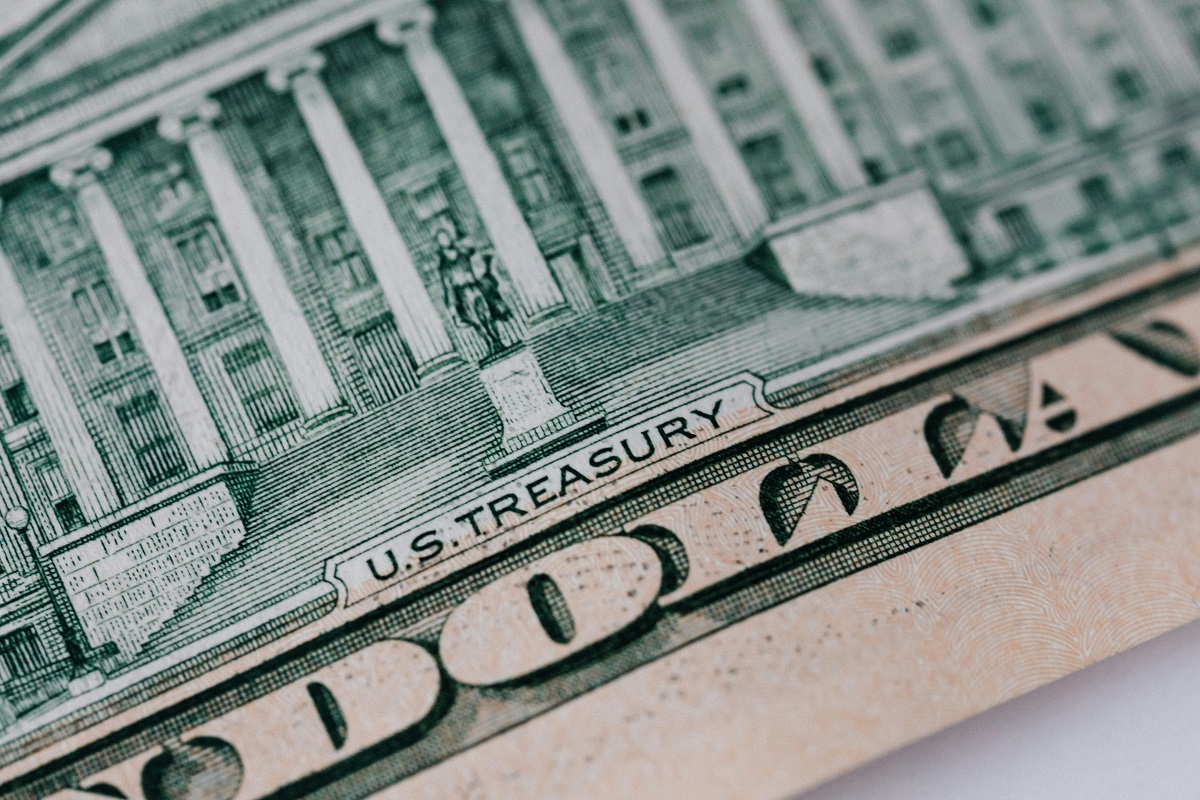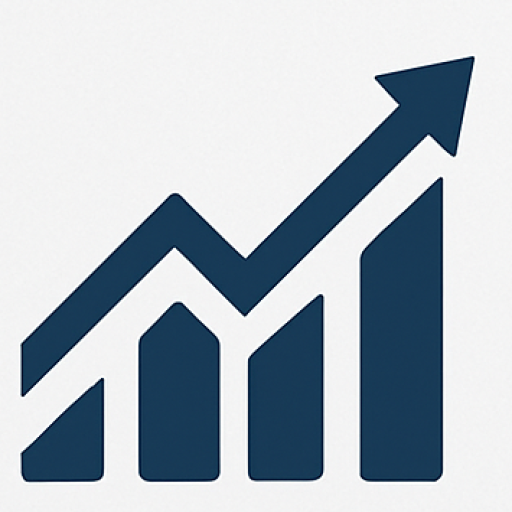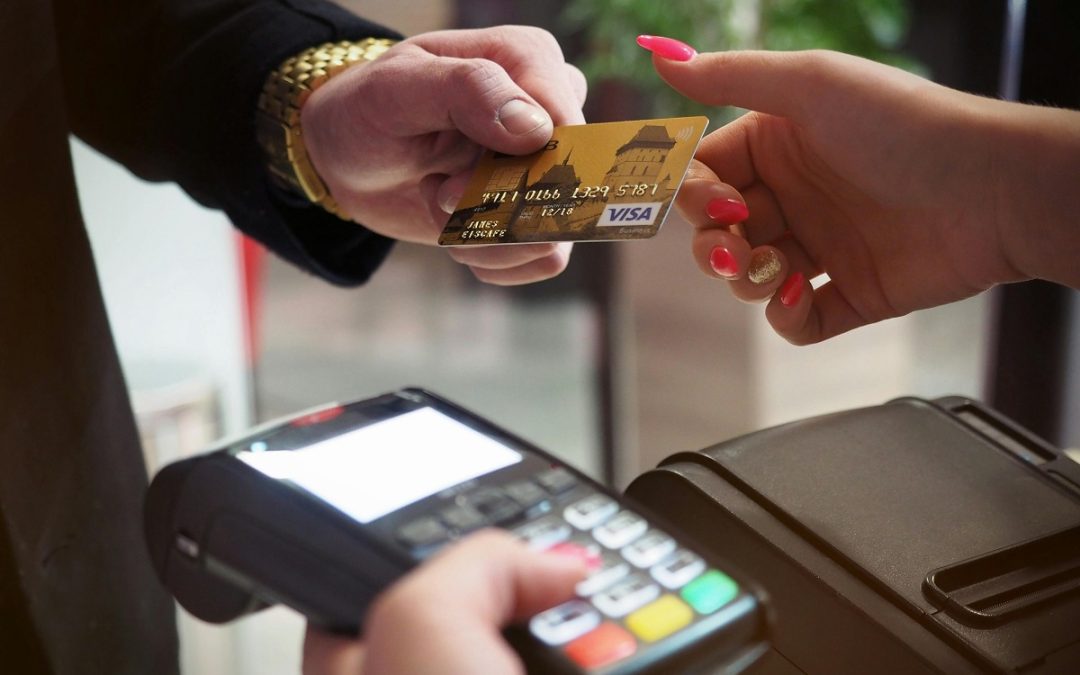Starting a business is one of the most exciting journeys you’ll ever take. But alongside the creativity of product development and the hustle of sales and marketing comes the crucial—though less glamorous—task of setting up your financial systems. One of the first and most important financial steps every entrepreneur should take is setting up a business banking account. Without it, managing your company’s money becomes messy, tax filing becomes complicated, and your personal and business finances end up dangerously intertwined.
Business banking is more than just opening an account to hold your money. It’s the foundation for how your business handles income, expenses, savings, and credit. Proper business banking helps you track your financial performance, simplifies taxes, builds business credit, and protects your personal assets. Yet, many first-time entrepreneurs delay or overlook this vital step, often mixing business and personal transactions in a single account. If you want to build a serious, scalable business, opening a business bank account is not optional it’s essential.
Why Every Entrepreneur Needs a Business Bank Account

Before we get into the “how,” it’s important to understand the “why.” A business bank account separates your company’s finances from your personal life. This separation is not just smart—it’s often legally required if your business is structured as an LLC or corporation.
Here are some critical reasons every entrepreneur should open a dedicated business banking account:
Legal Protection and Liability
If your business is an LLC, S Corporation, or C Corporation, separating your finances protects your personal assets from lawsuits or debts related to the business. If you mingle your personal and business funds, you risk losing this protection, leaving your home, savings, and other assets exposed.
Financial Organization
Keeping business and personal finances separate helps you clearly track income and expenses, making bookkeeping and tax filing easier and more accurate. It allows you to create financial reports, monitor your profit and loss, and forecast your cash flow with clarity.
Professionalism
When you send clients invoices from a business account and accept payments to your company’s name, you instantly present your business as legitimate and trustworthy. Vendors and partners will take your business more seriously.
Simplified Taxes
A business account keeps your income and deductions organized, reducing the risk of missed write-offs or tax penalties. It also helps you prepare for estimated quarterly tax payments if you’re self-employed.
Building Business Credit
A business checking account, paired with a business credit card or loan, helps establish your company’s credit profile. This is critical for future borrowing, vendor credit lines, or leasing property.
Choose the Right Type of Business Entity
Your business structure determines your banking needs and the documents you’ll be required to submit when opening a business bank account. If you haven’t officially formed your business yet, start here.
Common Business Entities
Sole Proprietorship: Easiest to set up, but no legal separation between you and your business.
Limited Liability Company (LLC): Provides legal protection by separating your personal and business finances.
Partnership: A business owned by two or more people, requiring a formal partnership agreement.
Corporation (S-Corp or C-Corp): More complex but offers strong legal protections and potential tax benefits.
If your business is a sole proprietorship, some banks will allow you to open a business account using your Social Security Number and a DBA (“Doing Business As”) certificate. However, it’s better to form an LLC for liability protection and easier business management.
Gather the Necessary Documents
When you walk into a bank—or apply online—to open a business bank account, the bank will ask for specific documentation to verify your business and comply with federal regulations.
Here’s a typical list of what you’ll need:
Personal Identification: Government-issued ID such as a driver’s license or passport.
Employer Identification Number (EIN): Issued by the IRS, this is like a Social Security Number for your business. You can get one free from the IRS website.
Business Formation Documents: Articles of Organization (for LLCs), Articles of Incorporation (for corporations), or your partnership agreement.
Business License: Depending on your industry and location, you may need a business license or permit.
Operating Agreement: For LLCs, some banks require an operating agreement that outlines your business’s ownership and management structure.
DBA Certificate: If you’re operating under a name other than your legal business name, you’ll need a DBA (“Doing Business As”) certificate.
It’s a good idea to call your preferred bank ahead of time to verify exactly what documents they require, as the list may vary by state or institution.
Choose the Right Business Bank
Not all business banks are created equal. Some offer low fees but limited services, while others provide robust online tools and business loans but charge higher fees. Your choice of a bank should align with your business’s needs and stage of growth.
Factors to Consider
Monthly Fees: Some business checking accounts charge monthly maintenance fees unless you maintain a minimum balance.
Transaction Limits: Some basic business accounts limit the number of deposits, withdrawals, or transfers per month.
Online and Mobile Banking: Look for banks that offer robust digital banking features, including mobile check deposits and easy online transfers.
ATM Access: If you often withdraw or deposit cash, choose a bank with a wide ATM network.
Integration with Accounting Software: Many modern banks integrate seamlessly with platforms like QuickBooks, Xero, or FreshBooks.
Lending Options: Consider banks that offer small business loans, lines of credit, or merchant services.
Customer Service: Responsive and helpful customer service can save you a lot of headaches.
Popular Business Bank Options
Traditional Banks: Chase, Bank of America, Wells Fargo
Online Banks: Novo, Mercury, Bluevine, Relay
Credit Unions: Local credit unions often have lower fees and personalized service.
If you are a tech-savvy entrepreneur, consider an online-only bank, which often has no monthly fees and quick account setup.
Open a Business Checking and Savings Account
At a minimum, your business should have a checking account for daily transactions and a savings account to set aside funds for taxes, emergencies, or future investments.
Business Checking Account
Use this account to receive payments from customers, pay suppliers, cover operating expenses, and run payroll.
Keep track of your cash flow and monitor your day-to-day financial activity.
Some banks offer interest-bearing checking accounts for business customers.
Business Savings Account
Use this account to build a financial cushion for your business.
Set aside a percentage of your revenue for taxes, retirement, or emergencies.
Earn a small amount of interest while keeping your funds safe and accessible.
Pro tip: Automate transfers from your checking to your savings account on a monthly basis to build good financial habits.
Set Up Business Credit and Merchant Accounts (Optional but Recommended)
In addition to your basic banking accounts, you may also want to set up:
Business Credit Card
Separates business purchases from your checking account.
Helps build your company’s credit history.
Often comes with rewards, cash back, or travel points on business expenses.
Merchant Account or Payment Processor
If you plan to accept credit card payments, you’ll need a merchant account or payment processor. Popular options include Stripe, Square, and PayPal, which can integrate with your business bank account to deposit funds from your sales.
Manage Your Accounts Proactively
Opening a business bank account is just the start. Managing it effectively is key to maintaining financial health.
Best Practices for Business Banking
Reconcile your bank accounts monthly against your accounting software.
Set up alerts for low balances or large transactions to detect fraud early.
Categorize all transactions properly in your bookkeeping software.
Review your account fees periodically and negotiate better terms if your transaction volume grows.
Build a cash reserve in your savings account for emergencies and seasonal slowdowns.
Keep Personal and Business Finances Separate—Always
One of the biggest reasons entrepreneurs open a business bank account is to avoid mingling personal and business money. Once your account is open:
Don’t use your business account for personal expenses like groceries or vacations.
Don’t deposit personal checks into your business account unless it’s structured as an owner’s contribution.
Pay yourself a salary or draw rather than using a business account like a personal ATM.
This separation protects your personal assets in case of legal action and simplifies taxes and audits.
Common Business Banking Mistakes to Avoid
Even well-intentioned entrepreneurs make mistakes with business banking. Here are some to avoid:
Delaying opening a business account until your business is “bigger.” Start early.
Choosing the wrong bank without comparing options.
Ignoring fees and transaction limits that eat into your profits.
Forgetting to link your business accounts with your accounting software.
Failing to review your bank statements regularly.
FAQs
Can I use my personal bank account for my small business?
While technically possible for sole proprietors, it’s not recommended. Using a business account protects your personal assets, simplifies taxes, and builds credibility.
Do I need an EIN to open a business bank account?
Yes, most banks require an EIN, except for sole proprietors using their Social Security Number. You can get an EIN for free from the IRS website.
How much does it cost to open a business bank account?
Some banks have no opening fees, but others charge monthly fees unless you meet minimum balance requirements. Compare fees before choosing.
Can I open a business account online?
Yes, many banks and online-only financial services allow you to open an account entirely online, usually within minutes if you have the required documents.

